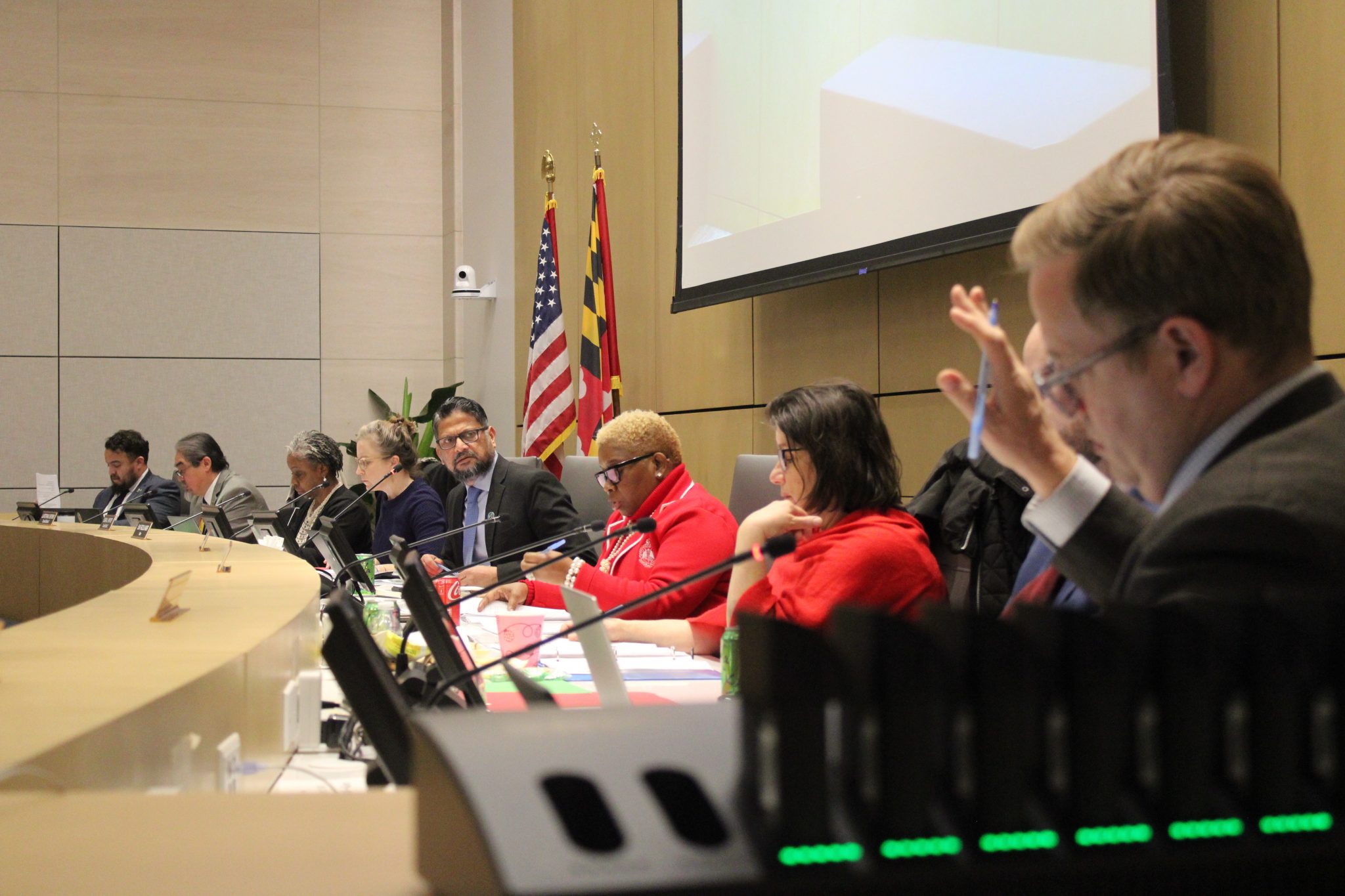The College Park City Council postponed a vote Tuesday on whether to create a subcommittee to make recommendations on a vacant and blighted property tax proposal.
Vacant and blighted properties are commercial, industrial or residential abandoned properties that remain vacant for a long period of time and can pose a threat to public safety or are a public nuisance. The properties often include abandoned buildings, unused lots, underleased shopping locations or deteriorating single-family homes.
According to College Park finance director Gary Fields, a vacancy tax subcommittee would look to develop a clear definition of what constitutes a blighted or vacant property in College Park and identify city properties that meet those criteria.
But council members delayed a decision on forming the subcommittee after lengthy debates on who should serve on it.
District 4 council member Denise Mitchell spoke in support of a subcommittee composed of mostly residents.
“We should rely on our resident stakeholders, and therefore we entrust them with the charter,” Mitchell said. “They will give us a report after they’ve done their due diligence.”
[College Park City Council to focus on mayor pro tem’s role, pedestrian safety this spring]
College Park has successful resident-run committees without direct council involvement, District 4 council member Maria Mackie said.
“I kind of am in awe of them because of the expertise that some of them have and how much they add to our city,” Mackie said, referring to residents who currently serve on city committees. “I think that we need to give our residents the opportunity.”
But District 2 council member Llatetra Brown Esters advocated for the subcommittee to contain one council member from each district. One council member should also serve as the subcommittee chair, Esters said.
Esters said she agrees there should be some form of resident participation on the proposed subcommittee, but the entity’s newer status would mandate further guidance and support from council members.
“This is new, and because of its newness, there needs to be great structure and guidance and support here,” Esters said.
Before deciding to postpone their vote, council members also discussed the logistics of the proposed vacancy tax committee.
District 3 council member Stuart Adams said developing a definition for what types of properties would be taxed should be the subcommittee’s first step.
[College Park City Council discusses rent subsidy pilot program for student housing]
Adams pointed to Frederick, Maryland, where city officials created a definition for vacant and blighted properties before asking and mandating that owners of those properties register with the city.
District 1 council member Jacob Hernandez also proposed that any subcommittee evaluate vacant properties independently from blighted ones. Some properties in the city meet the qualifications to be both vacant and blighted, but others only fit one, he said.
In an April 2023 discussion, the city council said any movement on a vacancy tax should focus more on vacant properties because there are more vacant than blighted properties in the city.
City staff will evaluate feedback from Tuesday’s meeting and attempt to bring forward recommendations on how the council could proceed, according to city manager Kenny Young.



